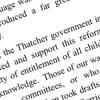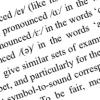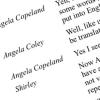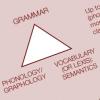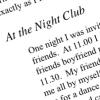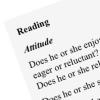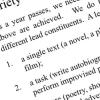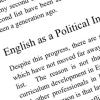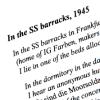In 1974, when I began to teach, the idea was gaining ground that pupil-to-pupil talk, properly handled, is an essential means of learning. The gaining of this ground was not without its difficulties, for ‘talking in class’ had for decades been an act of punishable misbehaviour, rather than ‘an essential means of learning’, and there were still many teachers and senior managers in schools who regarded a silent classroom as a good classroom, and believed that any level of decibels above a barely audible hum emanating from a classroom meant that the teacher couldn’t control the children.


